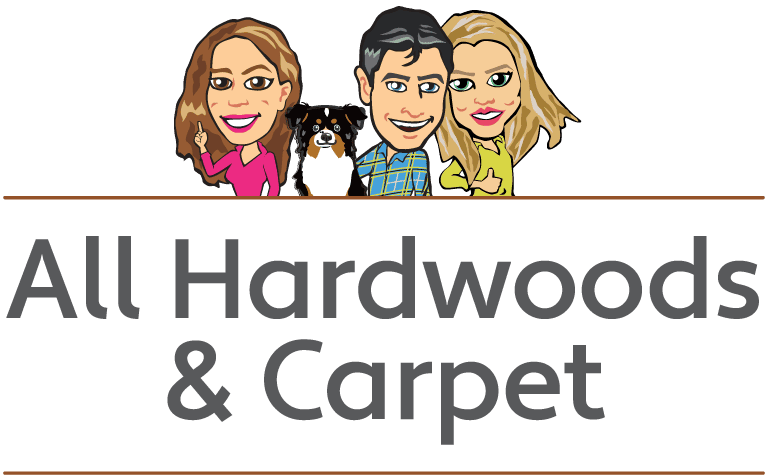Engineered Hardwood Floors
- Enhanced Stability
- Moisture Resistance
- Versatile Installation Options
- Cost-Effective
- Wide Range of Styles and Finishes

engineered hardwood floor samples
swipe side to side
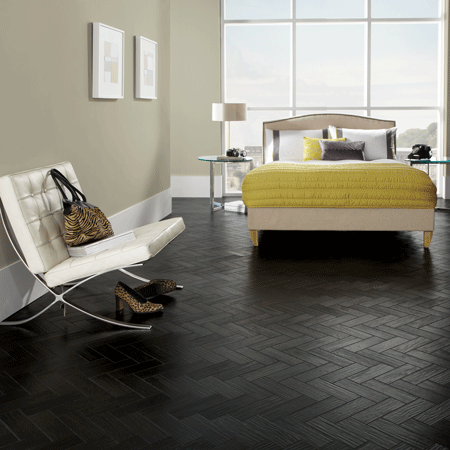
AP03 Black Oak
Engineered Hardwood Floors

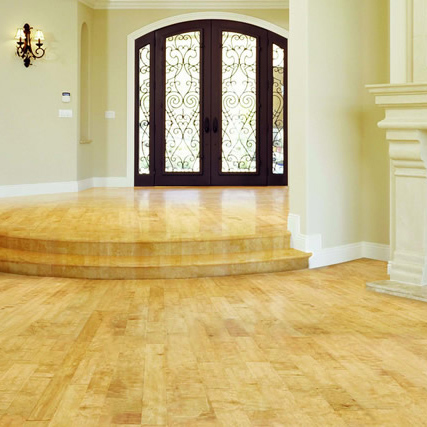
JOHNSON Birch Deep Natural
Engineered Hardwood Floors

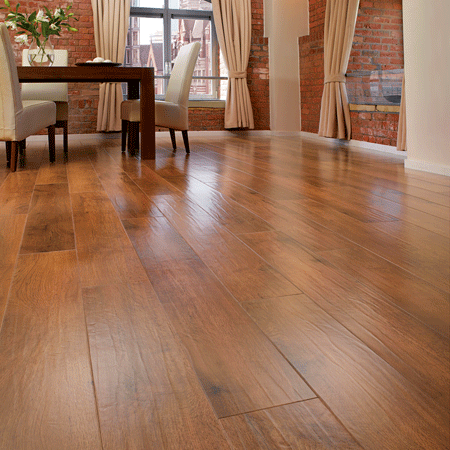
RL03 Autumn Oak
Engineered Hardwood Floors

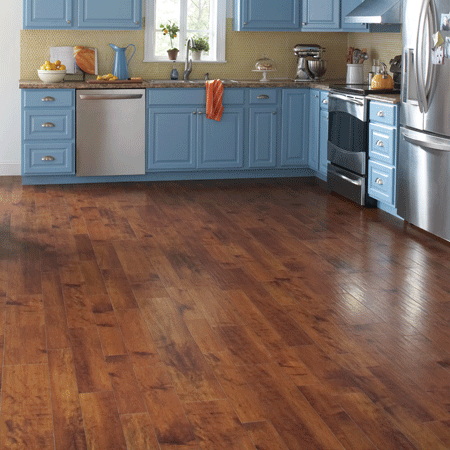
RL09 Coffee Maple
Engineered Hardwood Floors

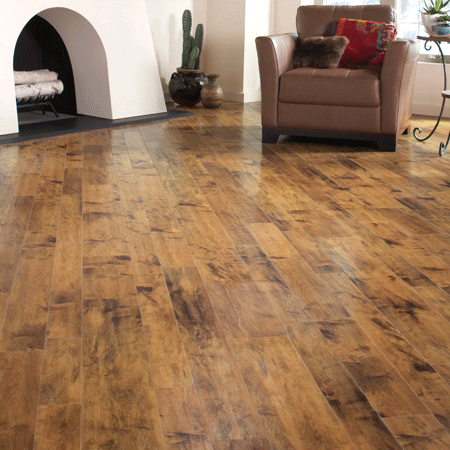
RL11 Toasted Maple
Engineered Hardwood Floors

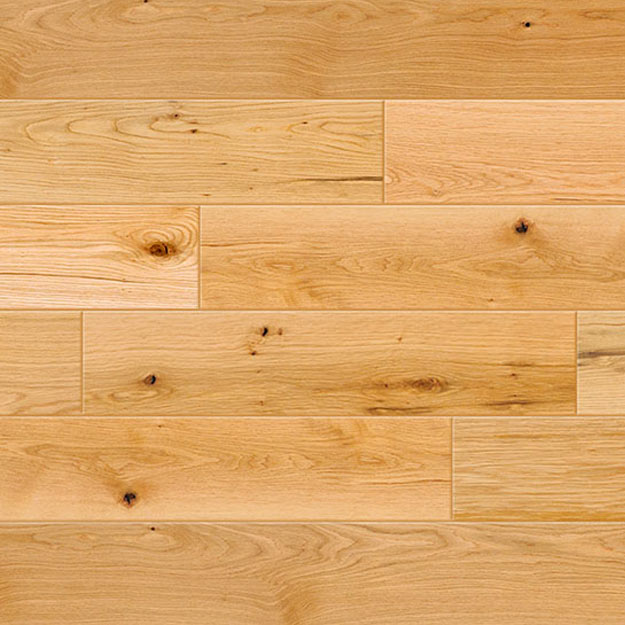
Willow Oak Grove
Engineered Hardwood Floors
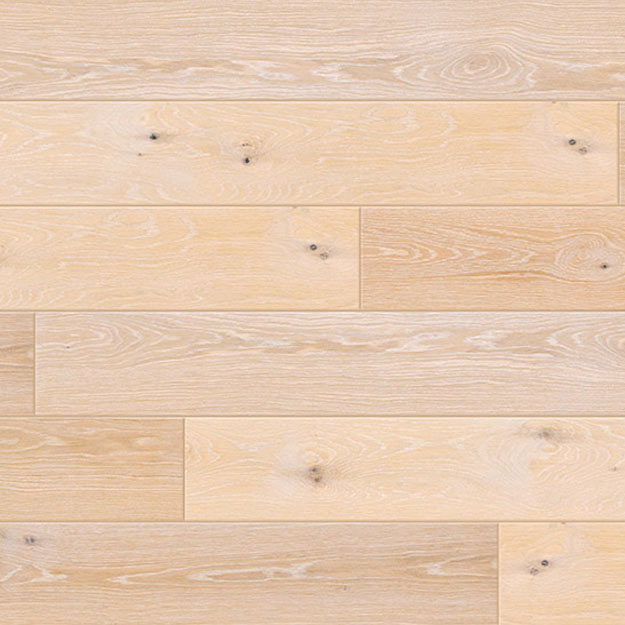
Toumey European Oak
Engineered Hardwood Floors
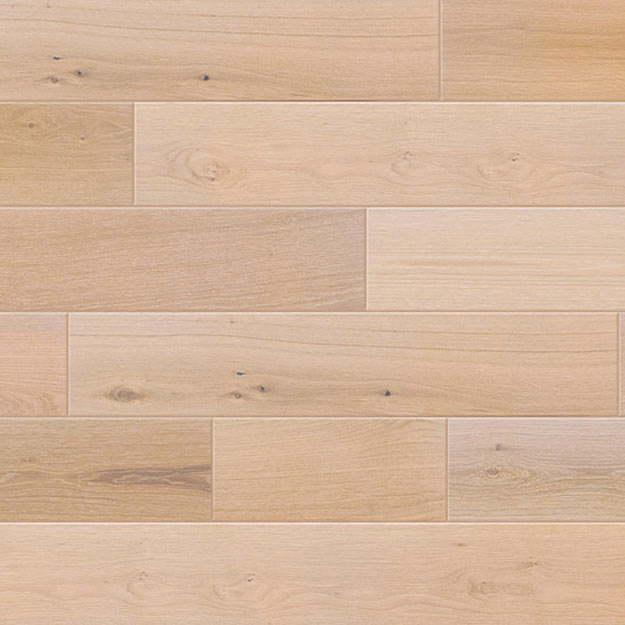
Laurel European Oak
Engineered Hardwood Floors
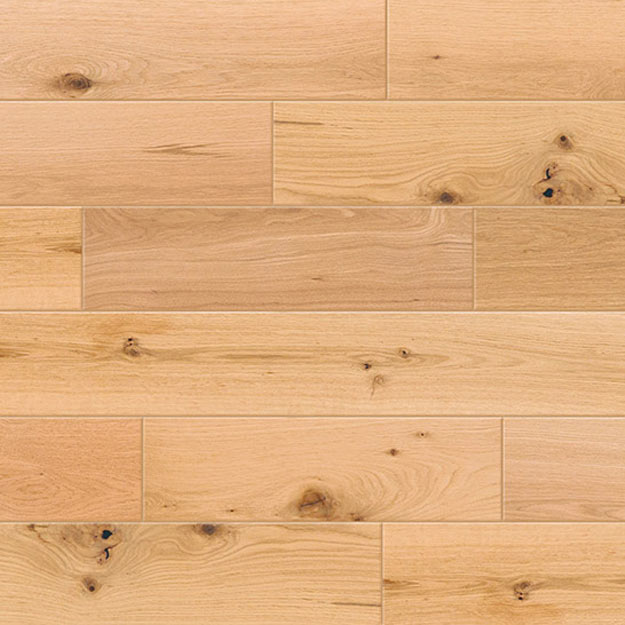
Emory European Oak
Engineered Hardwood Floors
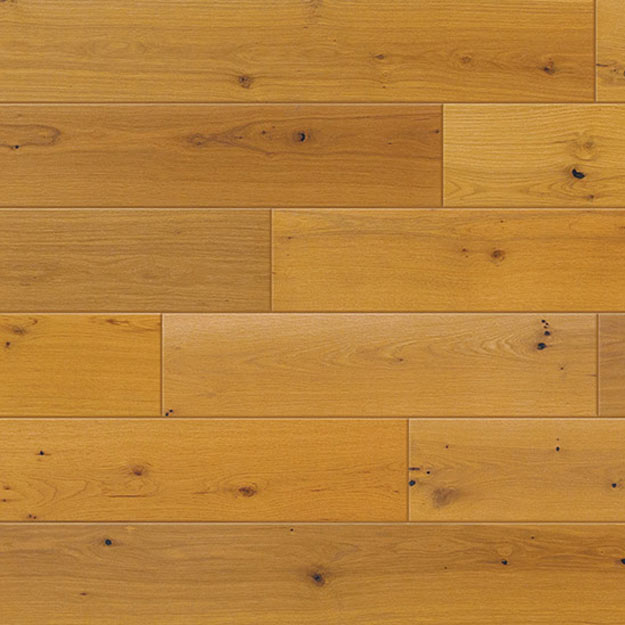
Holm European Oak
Engineered Hardwood Floors
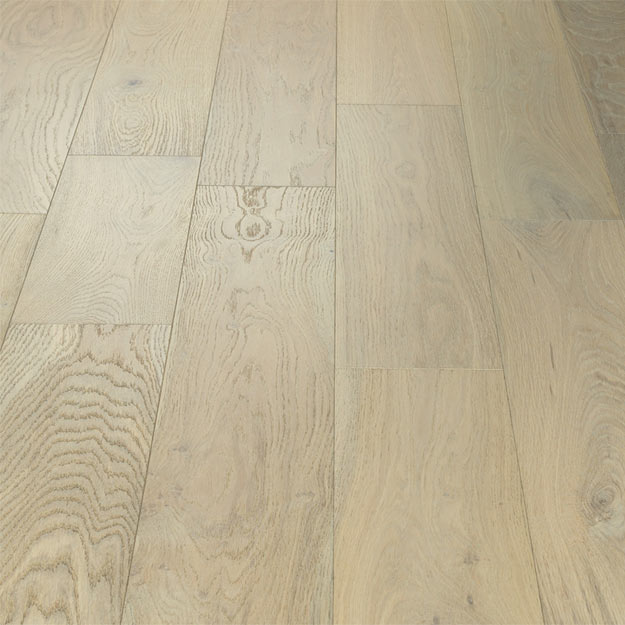
Amelia Oak Coastline
Engineered Hardwood Floors

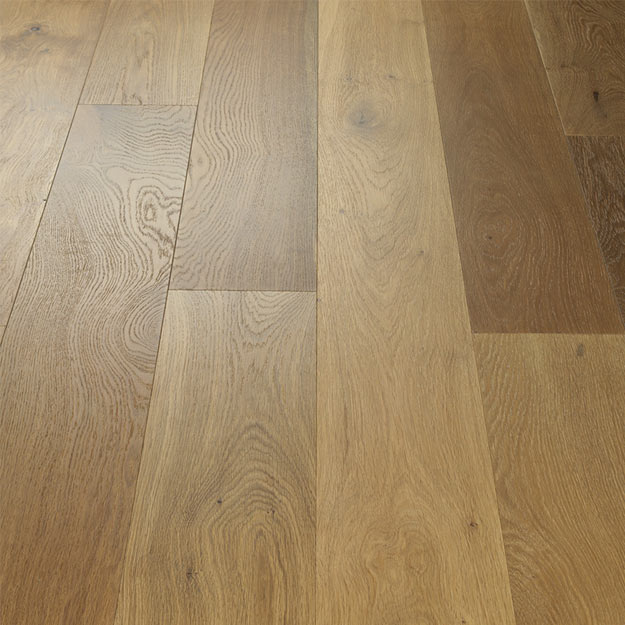
Anna Maria Oak Coastline
Engineered Hardwood Floors

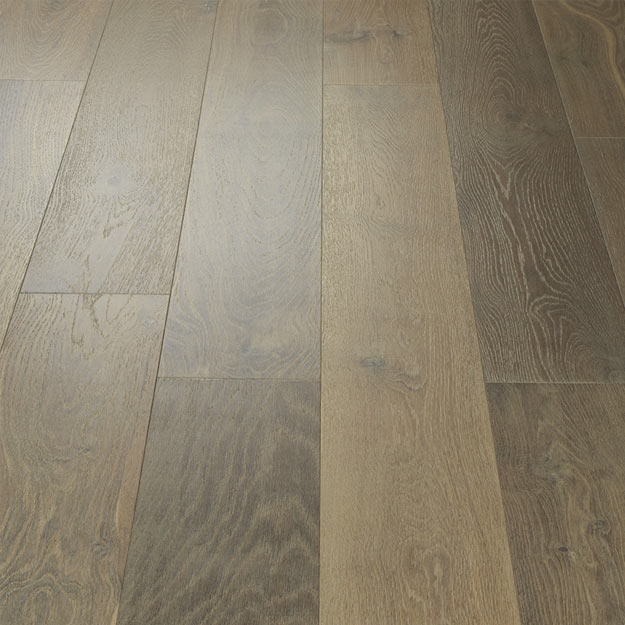
Santa Rosa Oak Coastline
Engineered Hardwood Floors

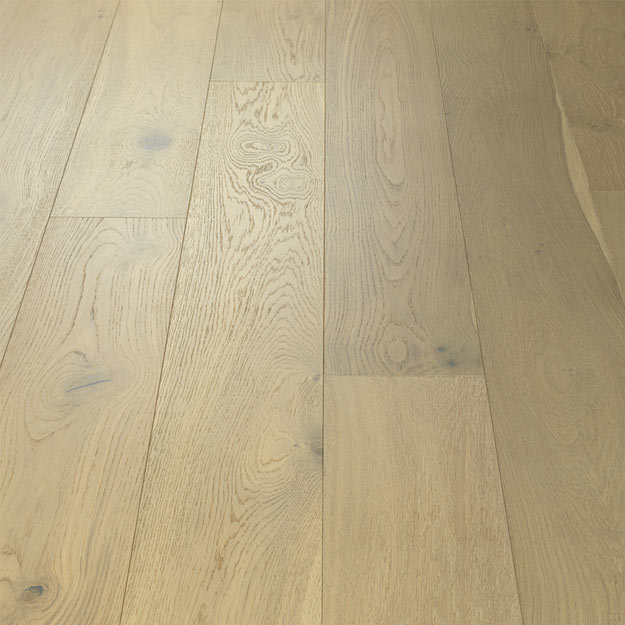
Clearwater Oak Coastline
Engineered Hardwood Floors

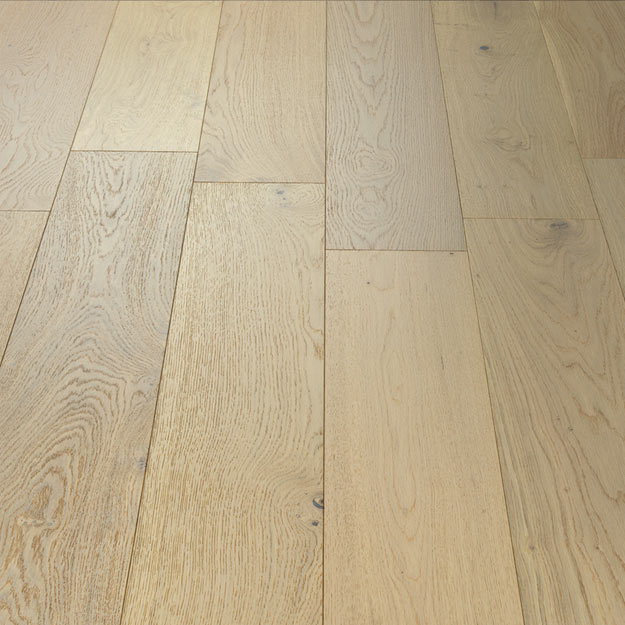
Sarasota Oak Coastline
Engineered Hardwood Floors

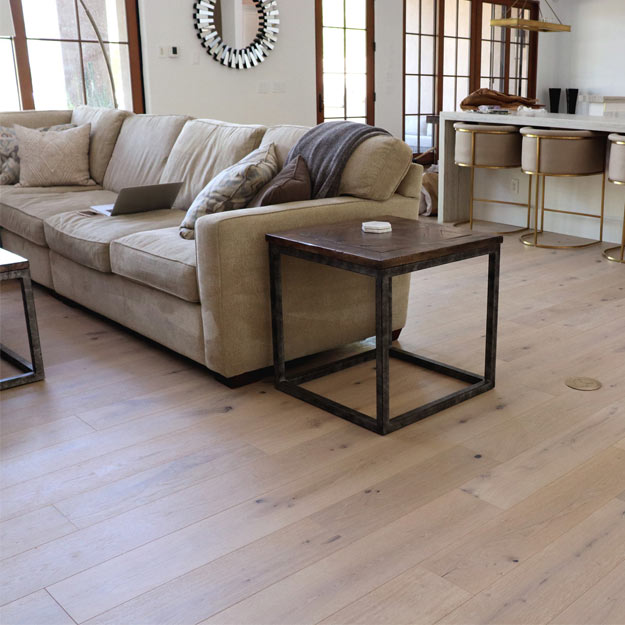
Arizona Hardwood
Engineered Hardwood Floors

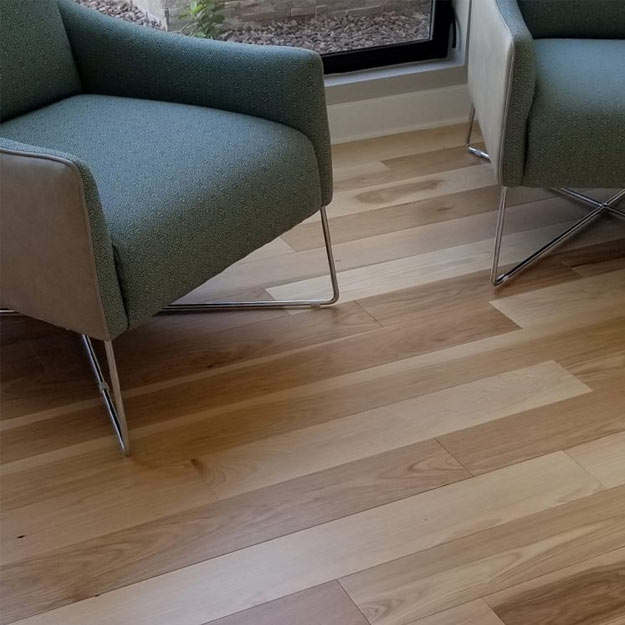
Rustic Hardwood
Engineered Hardwood Floors

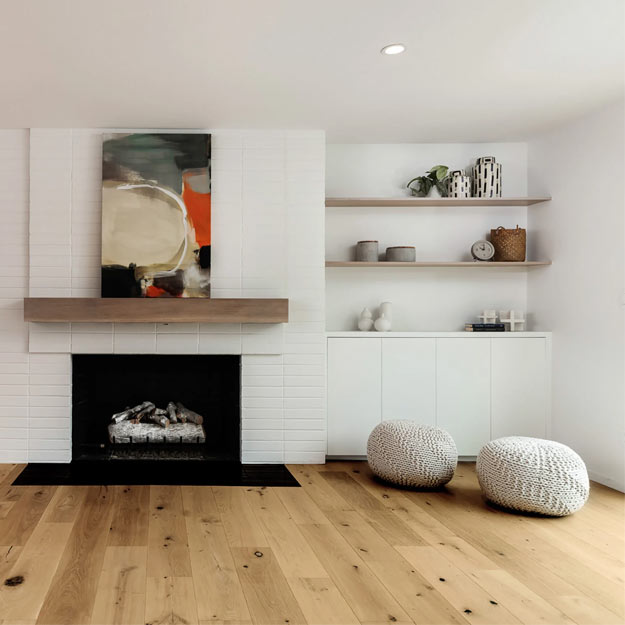
Centerfield and Spin
Engineered Hardwood Floors

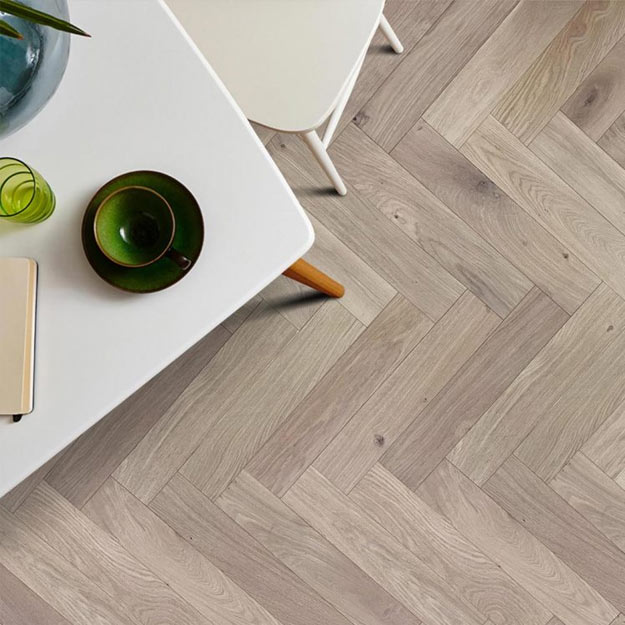
Adventurous Hardwood
Engineered Hardwood Floors

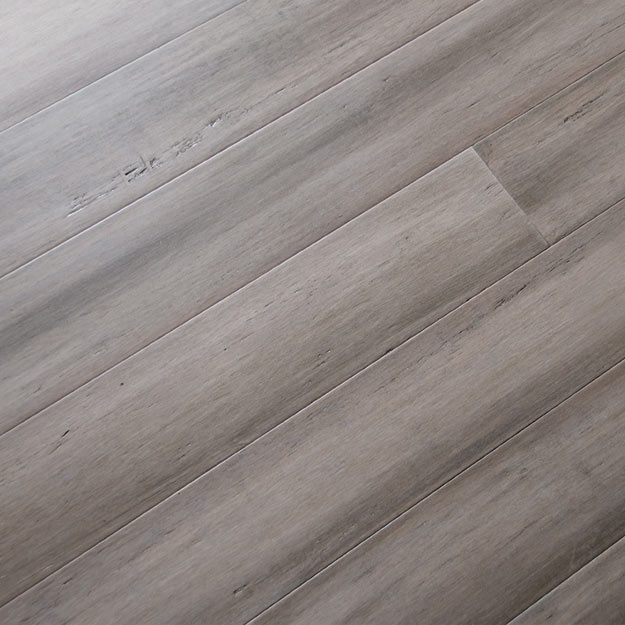
Grays Ash Strands
Engineered Hardwood Floors

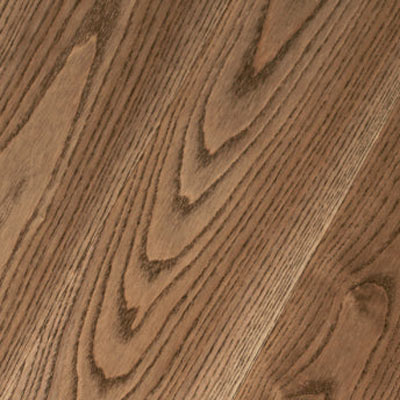
Tiger Eye Ash
Engineered Hardwood Floors

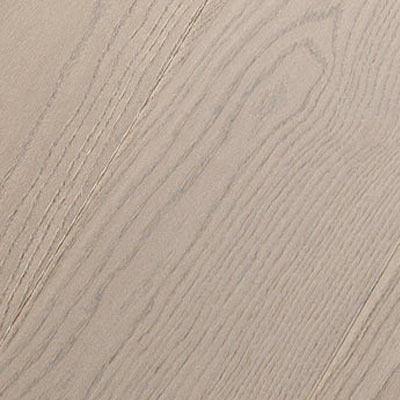
Atlantic Ash
Engineered Hardwood Floors

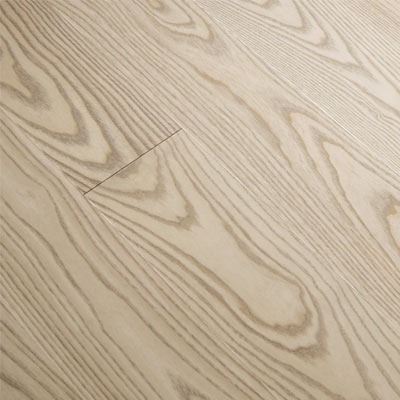
Pearl Grey Ash
Engineered Hardwood Floors

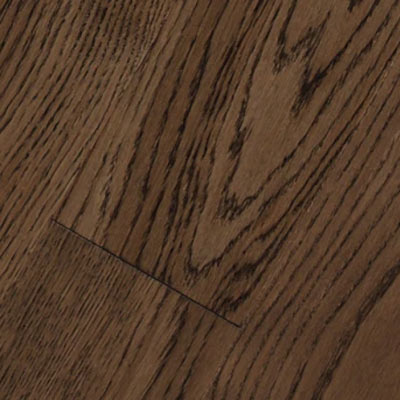
Stoney Creek Oak
Engineered Hardwood Floors

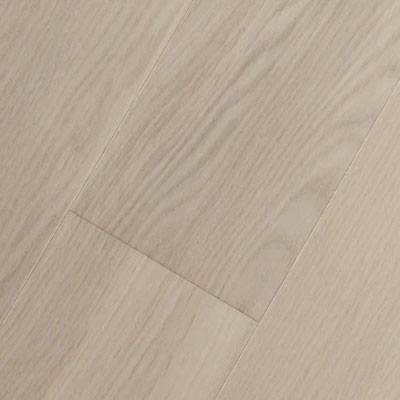
Albatross Oak
Engineered Hardwood Floors

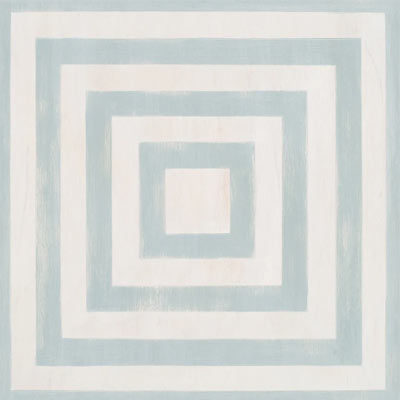
Concentric Hardwood
Engineered Hardwood Floors

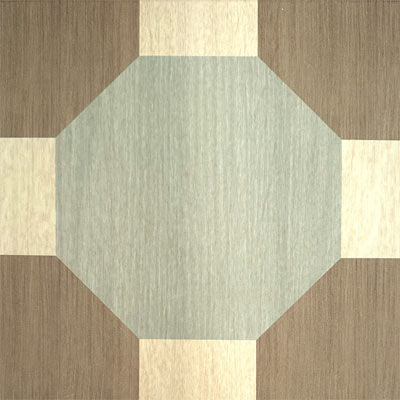
Sullivan Hardwood
Engineered Hardwood Floors

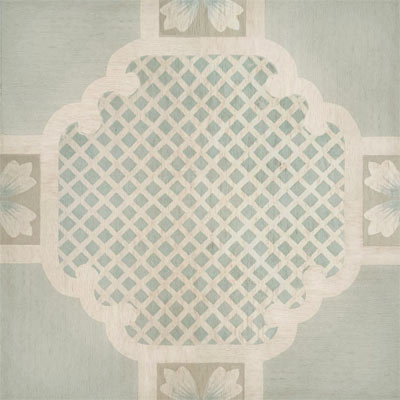
Ashley Hardwood
Engineered Hardwood Floors

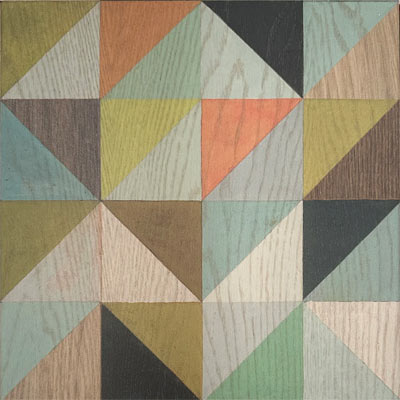
Rainbow Row Hardwood
Engineered Hardwood Floors

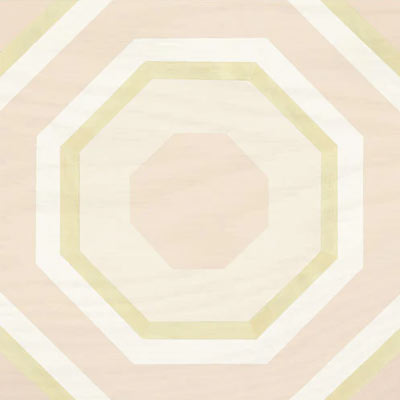
Angel Oak Hardwood
Engineered Hardwood Floors

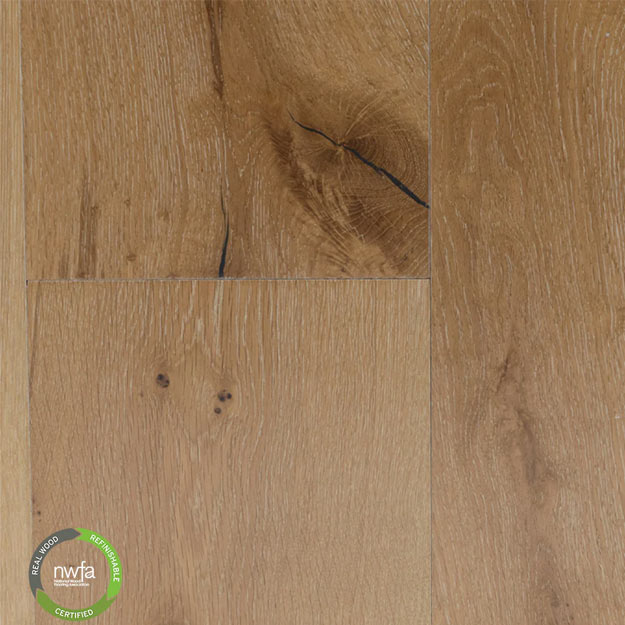
Cayman White Oak
Engineered Hardwood Floors

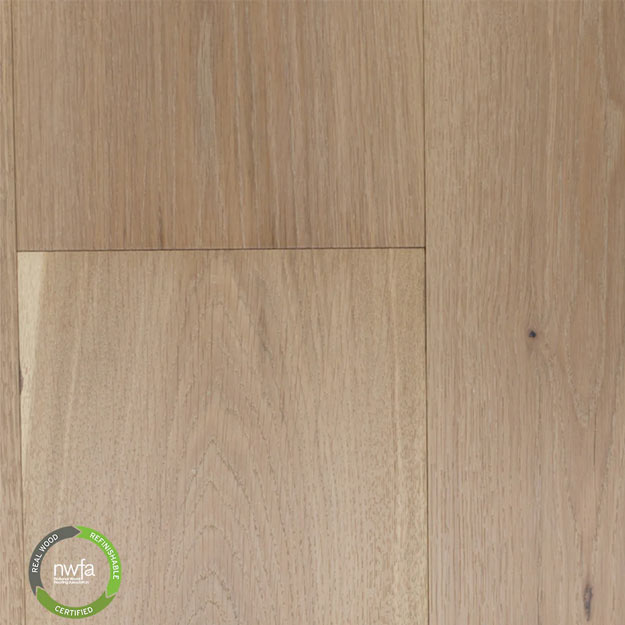
Boardwalk White Oak
Engineered Hardwood Floors

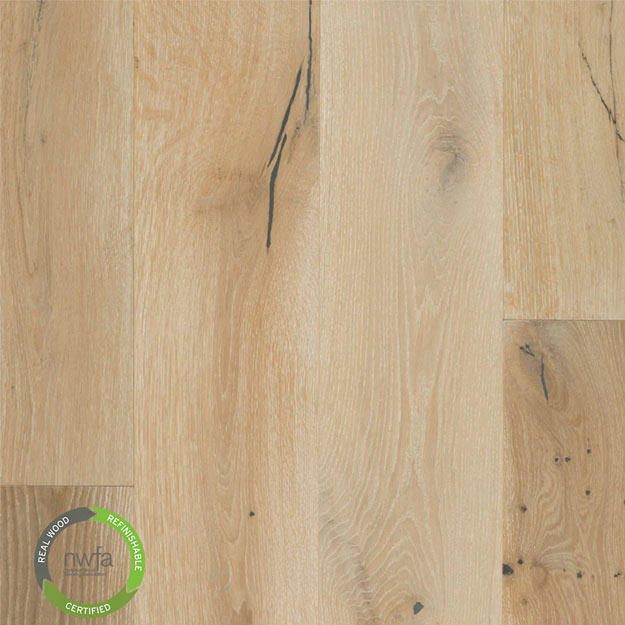
Offshore Mist White Oak
Engineered Hardwood Floors

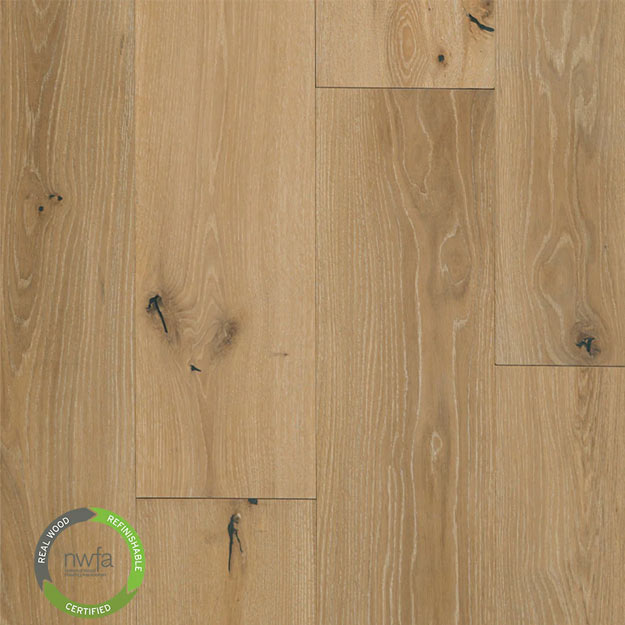
Coastak Fog White Oak
Engineered Hardwood Floors

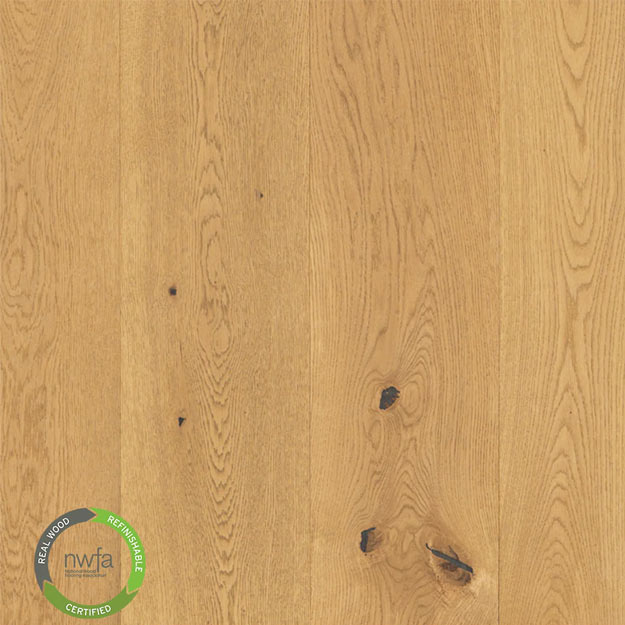
Brindille White Oak
Engineered Hardwood Floors

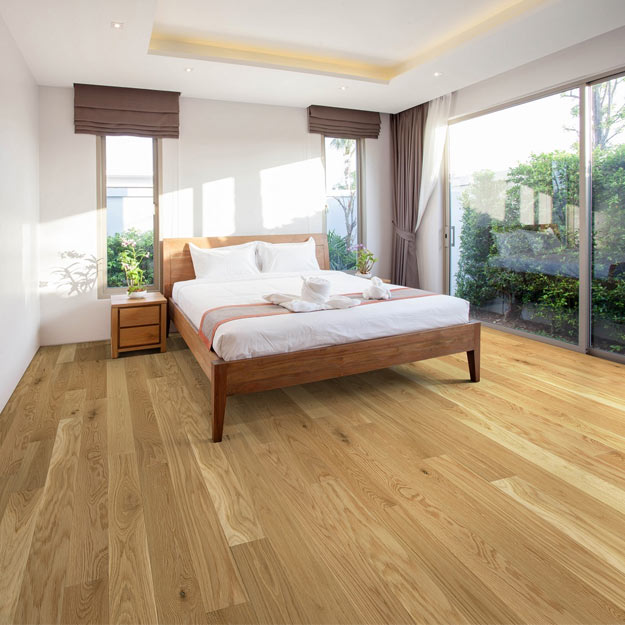
White Oak Coastal Clear
Engineered Hardwood Floors

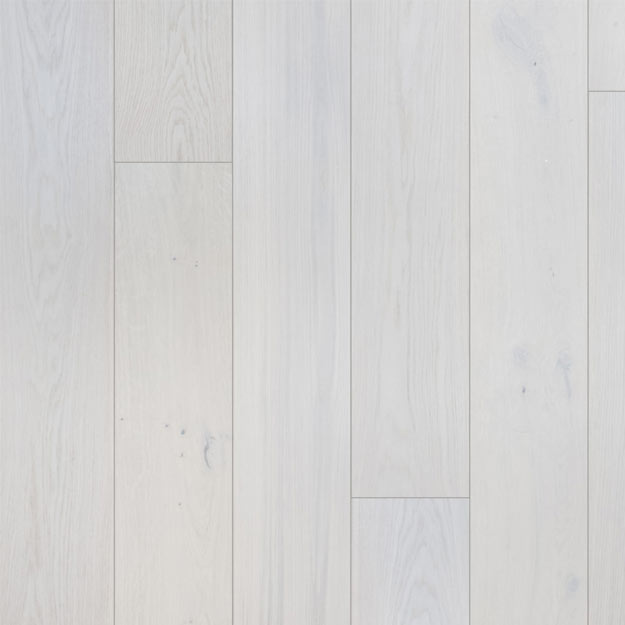
European Oak Alpine
Engineered Hardwood Floors

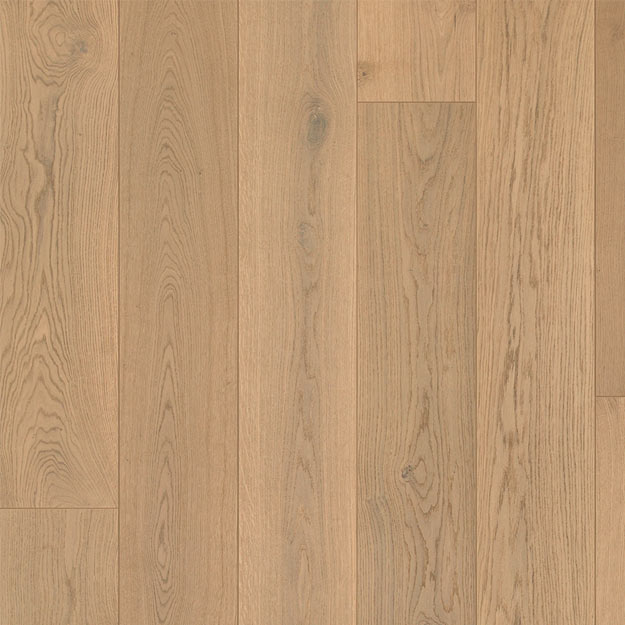
European Oak Burton Way
Engineered Hardwood Floors

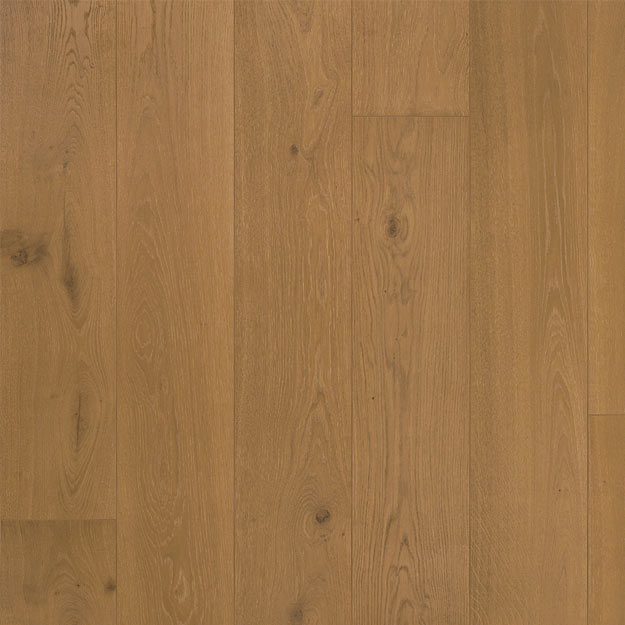
European Oak Canon
Engineered Hardwood Floors

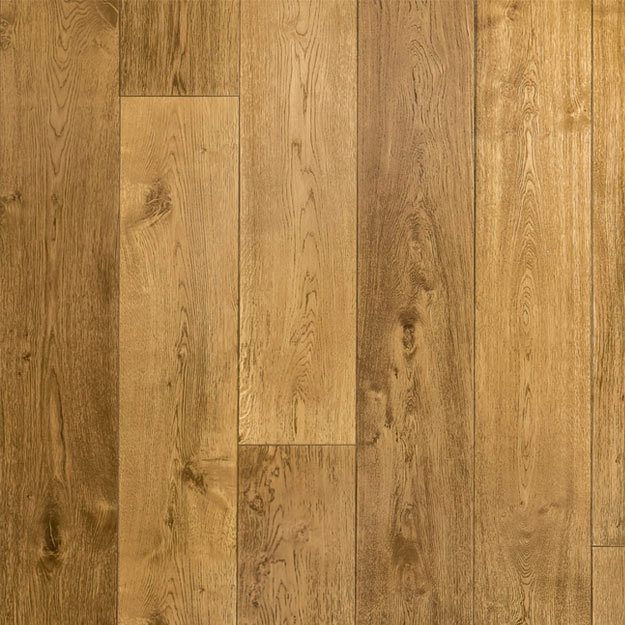
European Oak Doheny
Engineered Hardwood Floors

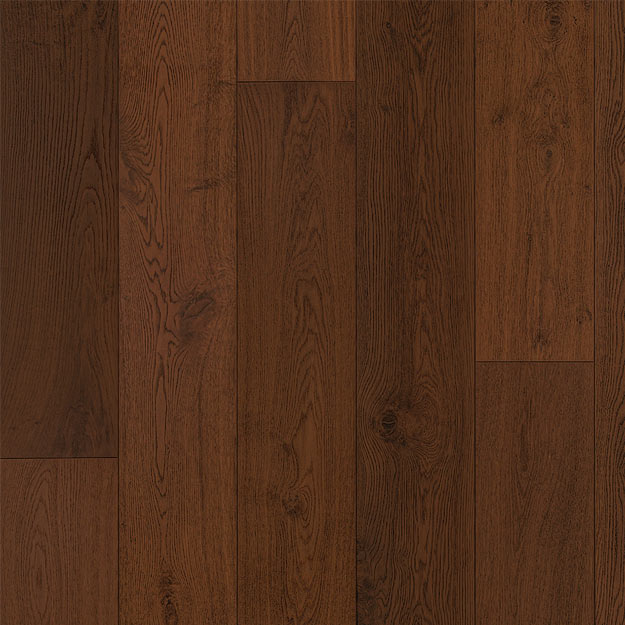
European Oak Hillcrest
Engineered Hardwood Floors

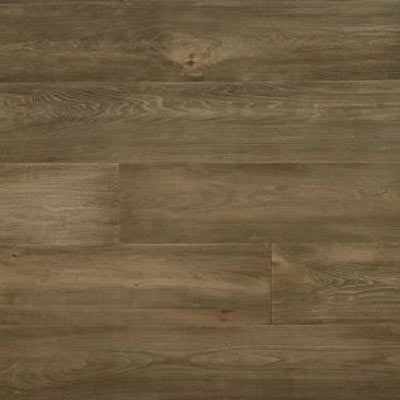
Almond Latte Birch
Engineered Hardwood Floors

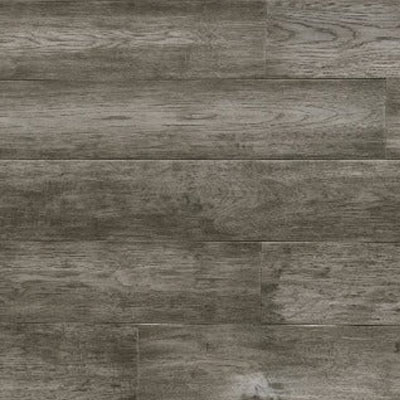
Alpine Peak Hickory
Engineered Hardwood Floors

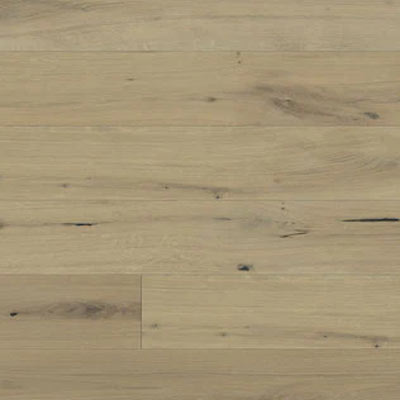
Amarone European White Oak
Engineered Hardwood Floors

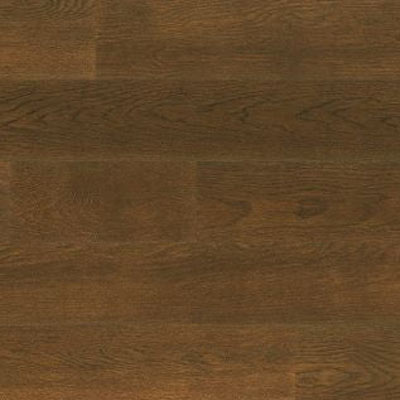
Amber Wave White Oak
Engineered Hardwood Floors

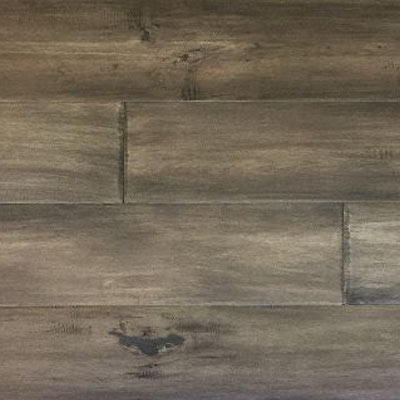
Anchor Maple
Engineered Hardwood Floors

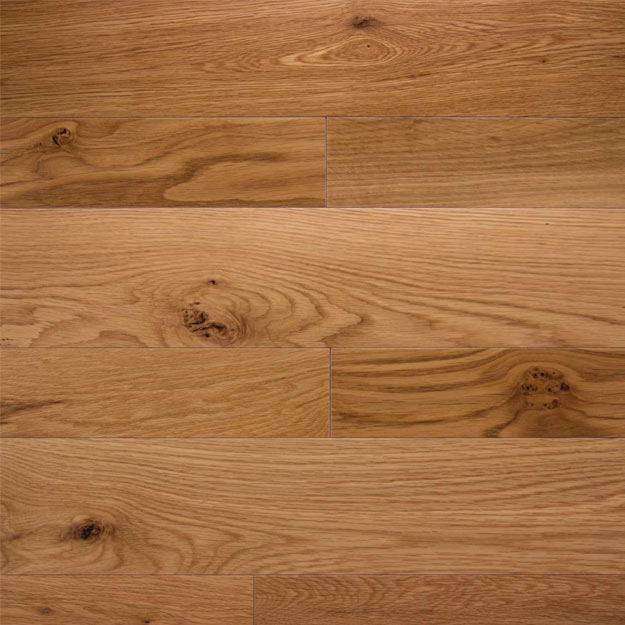
White Oak
Engineered Hardwood Floors


Wheat
Engineered Hardwood Floors

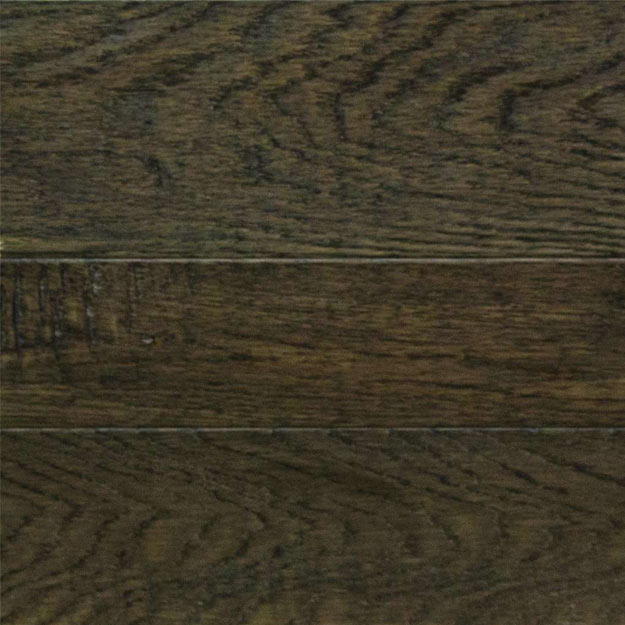
Vintage Oak
Engineered Hardwood Floors

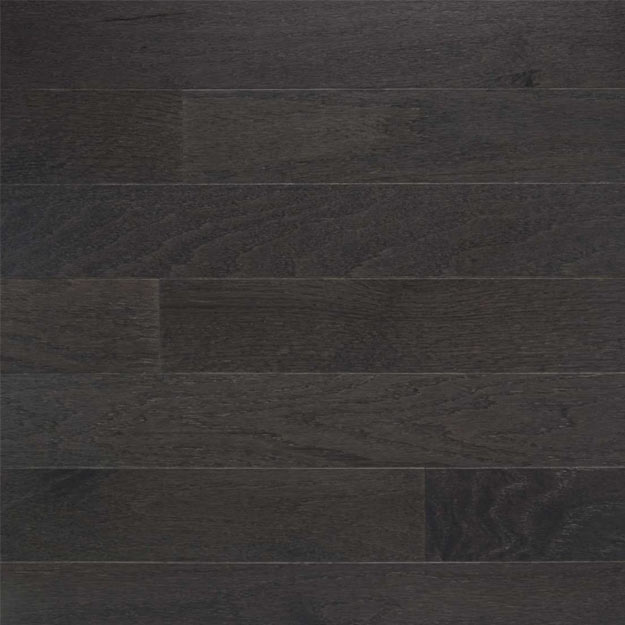
Urban Gray
Engineered Hardwood Floors


Smoke
Engineered Hardwood Floors

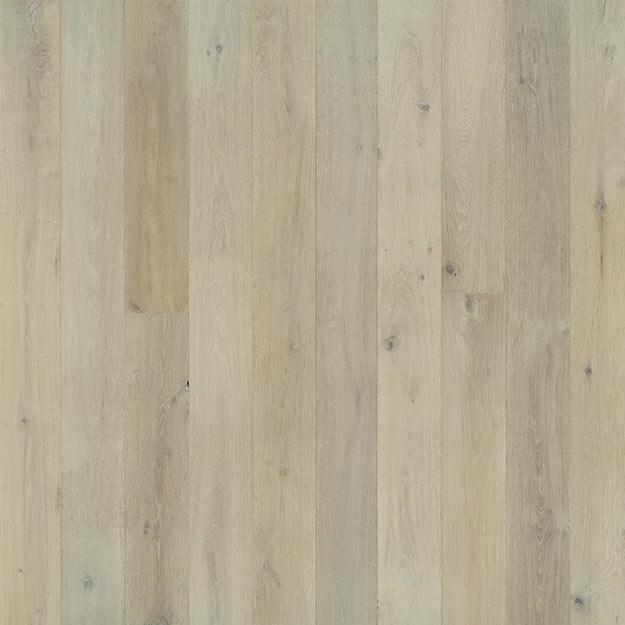
Balboa Oak European Oak
Engineered Hardwood Floors

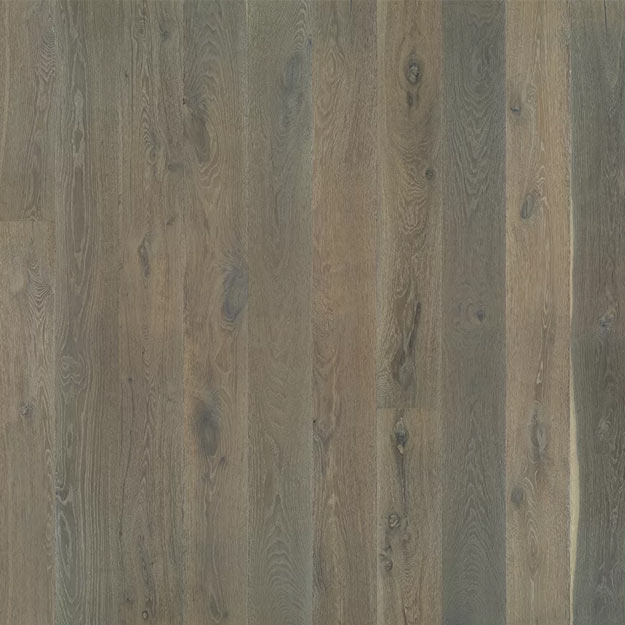
Big Sur Oak European Oak
Engineered Hardwood Floors

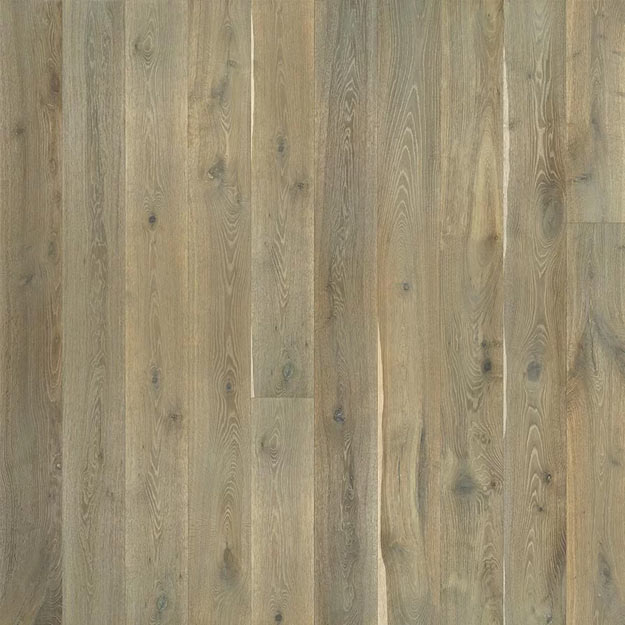
Cambria Oak European Oak
Engineered Hardwood Floors

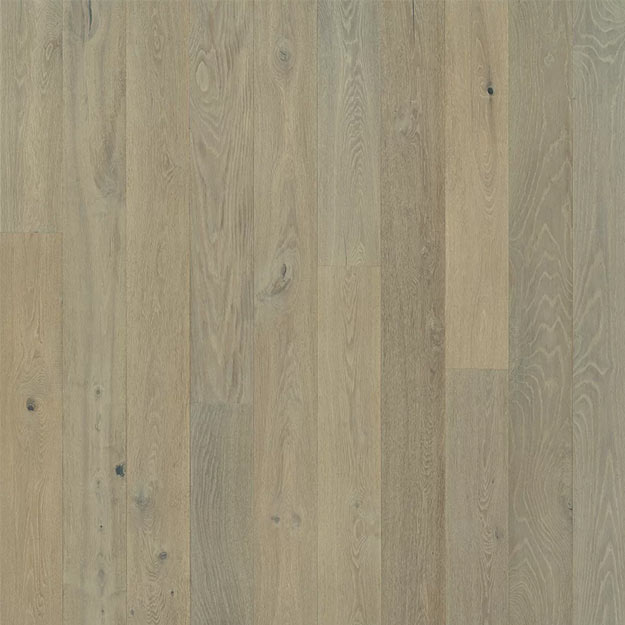
Doheny Oak European Oak
Engineered Hardwood Floors

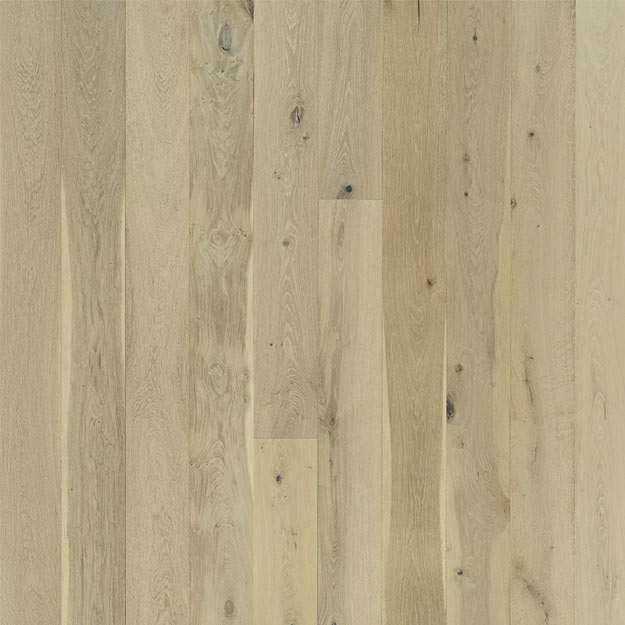
Cardiff Oak European Oak
Engineered Hardwood Floors

The Benefits of Choosing Engineered Hardwood Floors for Your Home
Engineered hardwood floors offer a unique combination of beauty, durability, and versatility, making them an excellent choice for any home. Unlike solid hardwood, engineered hardwood consists of multiple layers of wood, with a top layer of genuine hardwood that provides the same aesthetic appeal. This layered construction makes engineered hardwood more stable and less prone to warping or swelling due to moisture and temperature changes, which is especially beneficial in areas with high humidity or variable climates. Additionally, engineered hardwood can be installed over a variety of subfloors, including concrete, making it a versatile option for different rooms and levels of your home, such as basements and bathrooms. With proper care, these floors can last for decades, offering a timeless look that enhances the value and charm of your home. Regular maintenance is straightforward, involving simple sweeping and occasional damp mopping, which helps preserve the floor's appearance and longevity. By choosing engineered hardwood, you not only achieve a beautiful and durable flooring solution but also make a smart investment that improves the overall comfort and appeal of your living space.
Premium Quality Our hardwood floors are crafted for unmatched durability and timeless beauty.
Service Excellence We provide exceptional customer service, ensuring a seamless flooring experience.
Total Assurance We offer comprehensive warranties, ensuring peace of mind with every installation.
Great Value Offering competitive pricing without compromising on quality and craftsmanship.
Premium Quality Our hardwood floors are crafted for unmatched durability and timeless beauty.
Service Excellence We provide exceptional customer service, ensuring a seamless flooring experience.
Total Assurance We offer comprehensive warranties, ensuring peace of mind with every installation.
Great Value Offering competitive pricing without compromising on quality and craftsmanship.
frequently asked questions
Engineered hardwood flooring is made up of multiple layers of wood. The top layer is real hardwood, which gives it the same look and feel as solid hardwood. The underlying layers are typically made from plywood, high-density fiberboard (HDF), or another form of hardwood, which enhances stability and resistance to moisture.
While both types have a top layer of real wood, engineered hardwood consists of multiple layers of wood for added stability, making it less prone to warping from moisture or temperature changes. Solid hardwood is a single piece of wood, which can be more susceptible to these environmental factors.
Yes, but it depends on the thickness of the top layer. High-quality engineered hardwood with a thicker top layer can be refinished multiple times, while those with a thinner top layer might only be able to be refinished once or not at all. Always check the manufacturer's recommendations.
Engineered hardwood is more moisture-resistant than solid hardwood, making it a better option for basements and bathrooms. However, it’s still not completely waterproof, so it’s essential to manage moisture levels and avoid standing water.
Regular sweeping or vacuuming with a hardwood floor attachment is recommended to remove dirt and debris. For deeper cleaning, use a damp (not wet) mop with a hardwood floor cleaner. Avoid using excessive water and harsh cleaning agents, which can damage the finish.
With proper care and maintenance, high-quality engineered hardwood floors can last 20-30 years or more. The lifespan can vary depending on the thickness of the top layer, the quality of materials used, and the level of foot traffic in the area.
Yes, engineered hardwood can be installed over concrete. It’s important to ensure the concrete is dry, clean, and level. A moisture barrier is also recommended to prevent moisture from seeping into the wood. Installation methods include floating, gluing, or nailing down the flooring.
